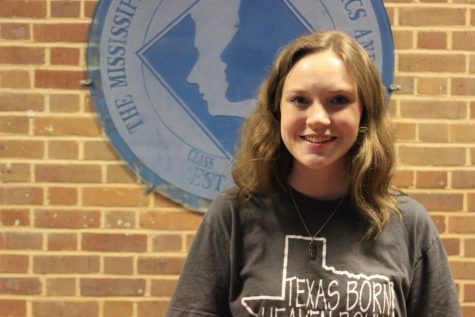Gibson: Weather Education
September 24, 2018
Hurricane Florence, which hit on Friday, September 14th, is responsible for 43 deaths since landfall. Many of these deaths are due to the lack of knowledge in weather education. Most hurricane victims heard that the category of the hurricane was being downgraded, and decided to stay home as they felt their safety was at lesser risk. This is NOT the case. Categories are determined based on wind speeds. While wind can be a catastrophic event, the most dangerous part of a hurricane is the rain and storm surge. Storm surge is responsible for nearly half the deaths in hurricanes since 1970, according to the National Hurricane Center. I believe that if more people knew of and paid attention to the dangers less people would have lost their lives.
North America has a wide variety of natural disasters that threaten life.
Each are equally as dangerous, especially when people don’t know about what each is and how to stay safe in events of natural disasters.
Although meteorologists state where to go and what to do in their broadcasts when severe weather hits, not everyone watches T.V. in these cases. Especially in events of flash flooding and thunderstorms, people will not always have access to a television in time to hear what they are supposed to do. A 2012 study found that, in the case of the Joplin, Missouri tornado, 23% of people interviewed did not comply with warnings for various reasons. However, of the 77% of people that did take shelter, most did only after verifying the risk through T.V., social media and/or going outside for themselves. I feel like this would not be the case if people were more informed on the risks of natural disasters and what exactly they entail. There are television shows dedicated to teaching people what to do and why to do it, but people do not often watch these shows.
In school we learn the laws of geometry and how to take the derivative of an equation, but we are not taught about the things that affect us and our lives such as how to write a check or what to do in the case of a natural disaster. I believe that if weather education was taught in schools, less people would die as a result from these catastrophic events. If one week out of every year was dedicated to teaching students what each of these natural disasters are and what to do when presented with these situations, more people would comply with meteorological warnings lowering death tolls from each storm.
In the case of Hurricane Florence, I believe that if more people truly understood the dangers of the natural disaster, then more people would have evacuated when they were instructed to. By not evacuating, they not only put their own lives in danger, but also the lives of our country’s first responders and volunteers.








